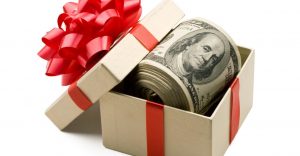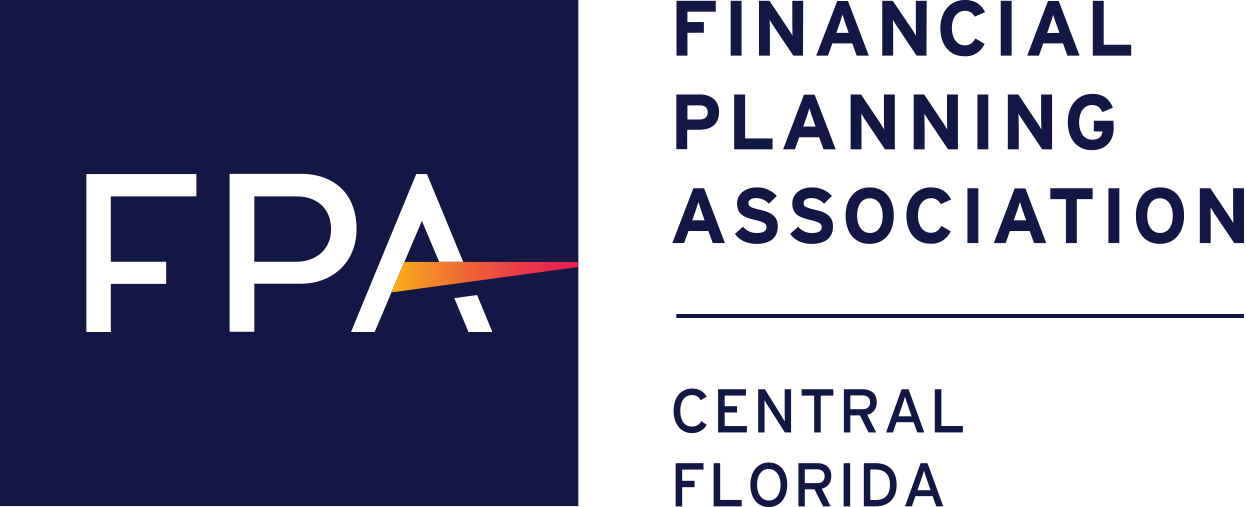
Make the Most of a Financial Windfall

You just got the news: There’s a chunk of money unexpectedly coming your way. Now what?
Handling a financial windfall, such as a bonus from an employer, a large tax refund, an inheritance or even a winning lottery ticket or casino jackpot, is a “problem” most people would be happy to have. But with the potential tax consequences that accompany the newfound cash, along with the many possibilities for putting that money to constructive use both now and later, the best move may be talk yourself out of that immediate no-holds-barred spending spree and instead spend some time contemplating the best ways to maximize the windfall.
The goal in these situations, explains FPA member and CERTIFIED FINANCIAL PLANNER™ (CFP®) professional Janice Cackowski, founder of Providence Wealth Partners in Rocky River, Ohio, is to be a good steward of that money, while also making sure you find ways to enjoy it, in the near term as well as the long term. “I’m a big believer in being responsible about your finances but also enjoying life today, because you really don’t know what tomorrow holds.”
Before making any impulsive decisions, take a breath, recommends FPA member Lindsay Martinez, CFP®, who heads Xennial Planning in Oceanside, Calif. “Making any immediate financial decisions [in such a situation] is not advised, particularly if this is your first time realizing a windfall of cash,” because snap decisions can be difficult to undo. “If you are not particularly savvy in this area, it may be good to consult a financial planner for help.” To find a CERTIFIED FINANCIAL PLANNER™ professional in your area, consult the Financial Planning Association’s searchable national database at www.PlannerSearch.org.
Next, survey your financial situation. Are there any near- or long-term goals or priorities you want to save money toward, like buying a home or a car, building a stash of cash in case of emergency, or building a retirement nest egg? Are there any debt obligations (loans, credit card balances, etc.) that weigh particularly heavily?
Make debt-reduction a high priority. “Top of your list should be paying down or paying off debt if you have it,” asserts Martinez. One approach Cackowski recommends is to initially take aim at debts bearing the highest interest rates — oftentimes credit cards. The higher the interest rate, the faster the debt tied to that rate will compound.
Swing the double-edged sword with contributions that also reduce taxable income. Not only will a cash windfall boost your annual household income, it could even kick you up to a higher tax bracket (where you’re taxed at a higher rate) for that tax year. To mitigate the tax impact, Cackowski suggests making the maximum allowable contributions to a 401(k), IRA, etc., because, if handled correctly, the amount of those pre-tax contributions won’t count toward household income. These contributions also have the obvious benefit of boosting retirement assets. In a similar vein, she suggests maxing out annual contributions to a health savings account, up to the annual allowable limit, because HSA contributions up to a certain amount also don’t count as household income.
Support a favorite charity or philanthropic cause. A financial windfall can provide more latitude to fulfill your charitable desires. Depending on amount, these contributions also may be enough to lower your tax burden.
Invest some of the money. If you like the idea of growing the value of your assets over time, there are few better vehicles than stock market investments for doing so. Or consider investing in real estate — a second home, an income-generating rental property, etc. If you’re approaching retirement, consider investing in a guaranteed retirement income source, such as some type of fixed annuity with a lifetime income feature. Annuities can be complex, so consider getting guidance from a financial professional with annuity know-how.
Find a constructive direct use for a chunk of the money. Maybe the windfall provides the means to put a sizable down-payment on a home (without the added cost of private mortgage insurance), to fund that much-needed home improvement project or to invest in the life insurance policies you and your spouse/partner need.
Build an emergency cash reserve. Financial professionals recommend that people maintain a readily accessible cash reserve with enough in it to cover three to six months of living expenses at minimum, and preferably more in some cases.
Treat yourself. Last but certainly not least, find a fun use for some of the
money. You did the responsible thing by considering (and hopefully acting on)
some of the aforementioned suggestions, so now it’s time to do right by your
less practical side. Take that long-discussed vacation; fund a hobby or activity
you’ve been neglecting or are interested in pursuing; invest in an experience
you’ve long been contemplating, like sky-diving or volunteering for a disaster
recovery or humanitarian aid effort someplace abroad.
“I’m not suggesting that people go out and spend a large chunk of the money frivolously,” says Cackowski. “But definitely consider using a small chunk of it on something for yourself.”
November 2019 — This column is provided by the Financial Planning Association® (FPA®) and FPA of Central Florida, the principal membership organization for Certified Financial PlannerTM professionals. FPA seeks to elevate a profession that transforms lives through the power of financial planning. Through a collaborative effort to provide members with tools and resources for professional education, business support, advocacy and community, FPA is the indispensable resource in the advancement of today’s CERTIFIED FINANCIAL PLANNER™ professional. Please credit FPA of Central Florida if you use this column in whole or in part. The Financial Planning Association is the owner of trademark, service mark and collective membership mark rights in: FPA, FPA/Logo and FINANCIAL PLANNING ASSOCIATION. The marks may not be used without written permission from the Financial Planning Association.
